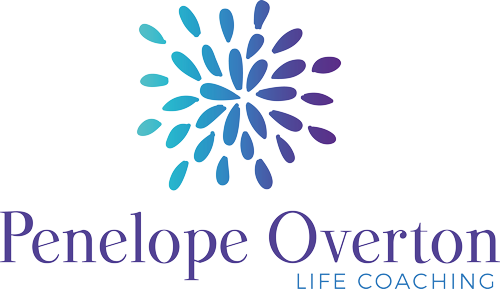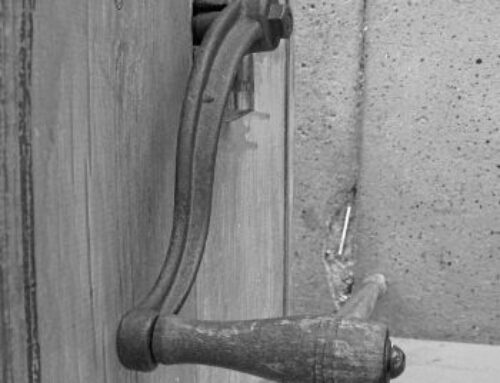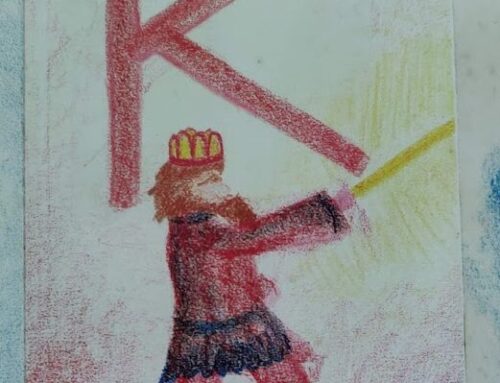I am proud of my excellent memory. I know exactly what people said, what they wore, how the behaved, years back. No one queries it, which is how I know I’m right.
I am currently visiting the apartment in Aix en Provence that I first visited as a fifteen year old. It’s not unusual to visit places you came to as a child, often you visit periodically over your life. I guess it’s slightly less usual to have had a forty year gap.
Several things have struck me. First, I’d not have recognised it, in a million years. I didn’t remember where it was in the town, nor the colour, size or shape of the building. The family owned (and still does) two apartments in the same block and I could have sworn (did in fact swear) that the upper one was across the way rather than directly above the lower. Wrong. I also was sure that the bathroom was larger, much larger; that the salon which the father used as an office for his architecture practice was modern and spare. In reality is it quaint and old fashioned. I don’t remember there being a kitchen at all. Now I’ve been here for a few days, it all feels deeply familiar. My brain has closed around the discrepancies and helped them disappear.
We all know the feeling, when you try to imagine something you’ve not yet seen or experienced, and as soon as it happens it’s hard to access the memory of what you thought it would be like. Reality takes over.
I guess it’s caused me to think about how stuck the brain gets, and how a little gentle nudging with a different view of reality is a good idea, essential even, once in a while. I imagined the apartment as one thing, incontrovertible evidence has shown me I was wrong. I believe someone said something, when in fact they said something different. You perceive someone as critical and demanding, when in fact they are trying to be helpful. You interpret me as bored and uninterested, when in fact I am thinking. I’m convinced you have turned down my invitation because you can’t stand me, when the truth is you thought I didn’t want you to come.
It’s quite possible human beings misunderstand each other for the majority of the time and the only way out of the problem is to check. I think it would be much better to assume we don’t understand until it becomes clear that we do, rather than the other way around. We need a language for this that doesn’t seem confrontational or judgemental; questions like, can I check I’ve understood you? Or, I heard that request as a criticism, did you mean it that way? Or this is what I’ve understood, is that right?
This is a post I made a year ago, which I lost when my website disappeared. I had very few saved as early drafts and this was one of them. It’s different to how I first wrote it, and I can’t quite remember how it ended. All I remember was it was fabulous – beautifully written, neatly finished off, a masterpiece. And, remember, I have an excellent memory.




